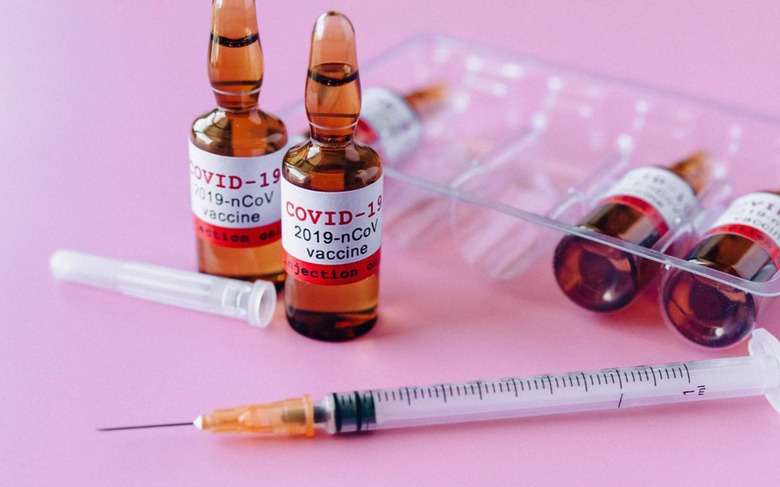Pfizer COVID-19 Vaccine Seeks FDA EUA Tweak After Unexpected Good News
Pfizer's COVID-19 vaccine is more stable than originally believed, the pharmaceutical company has said today, submitting new evidence for cold temperature storage that could significantly improve access to the drug. Although showing a high success rate in early efficacy trials, Pfizer and BioNTech's vaccine did have one big drawback: it appeared to only remain stable at ultra-cold temperatures.
That meant, for transportation and storage, the drug needed to be maintained at temperatures between -80ºC and -60ºC (-112ºF to ‑76ºF). Within those limits, it can remain stored for up to six months.
That's significant outside of the range of normal freeze temperatures, however, which led to concerns that the supply chain for the vaccine could prove tricky. Pfizer undertook an extra trial with a custom-designed delivery container, to show how that issue could be alleviated. The thermal container can be filled with dry ice every five days, and be used as temporary storage for up to 30 days.

Now, though Pfizer and BioNTech are submitting a new update to the current FDA Emergency Use Authorization (EUA), to modify the Prescribing Information. If approved, it would allow for vaccine vials to be stored at -15°C (-13°F to 5°F), temperatures that are more common for pharmaceutical freezers and refrigerators, for up to two weeks. That could be "as an alternative or complement to storage in an ultra-low temperature freezer," the companies say.
According to the pharma companies, the extension comes from having observed stability of the drug as it went into commercial scale production, and with distribution across the world. Currently, after defrosting, the vaccine is mixed with a saline diluent and can be refrigerated for up to five days, at standard refrigerator temperatures between 2⁰C and 8⁰C (36⁰F and 46⁰F). It's administered to patients at room temperature.
This new extension would add in a two week period in addition to the five day option, Pfizer and BioNTech say. "As additional stability data are obtained, Pfizer and BioNTech anticipate the shelf life and/or expiration date could be extended, and alternate short-term temperature storage may be considered."
It's unclear just how long the US Food & Drug Administration may require to assess the new data. Power outages in Texas and other states this week have complicated the COVID-19 vaccination rollout there, as medical facilities struggle to maintain existing doses at the safe storage temperatures, and new deliveries of the drugs experience delays in reaching healthcare providers due to weather-closed roads.
